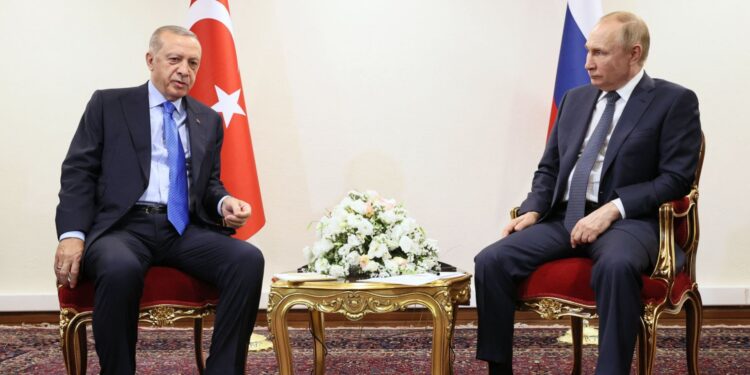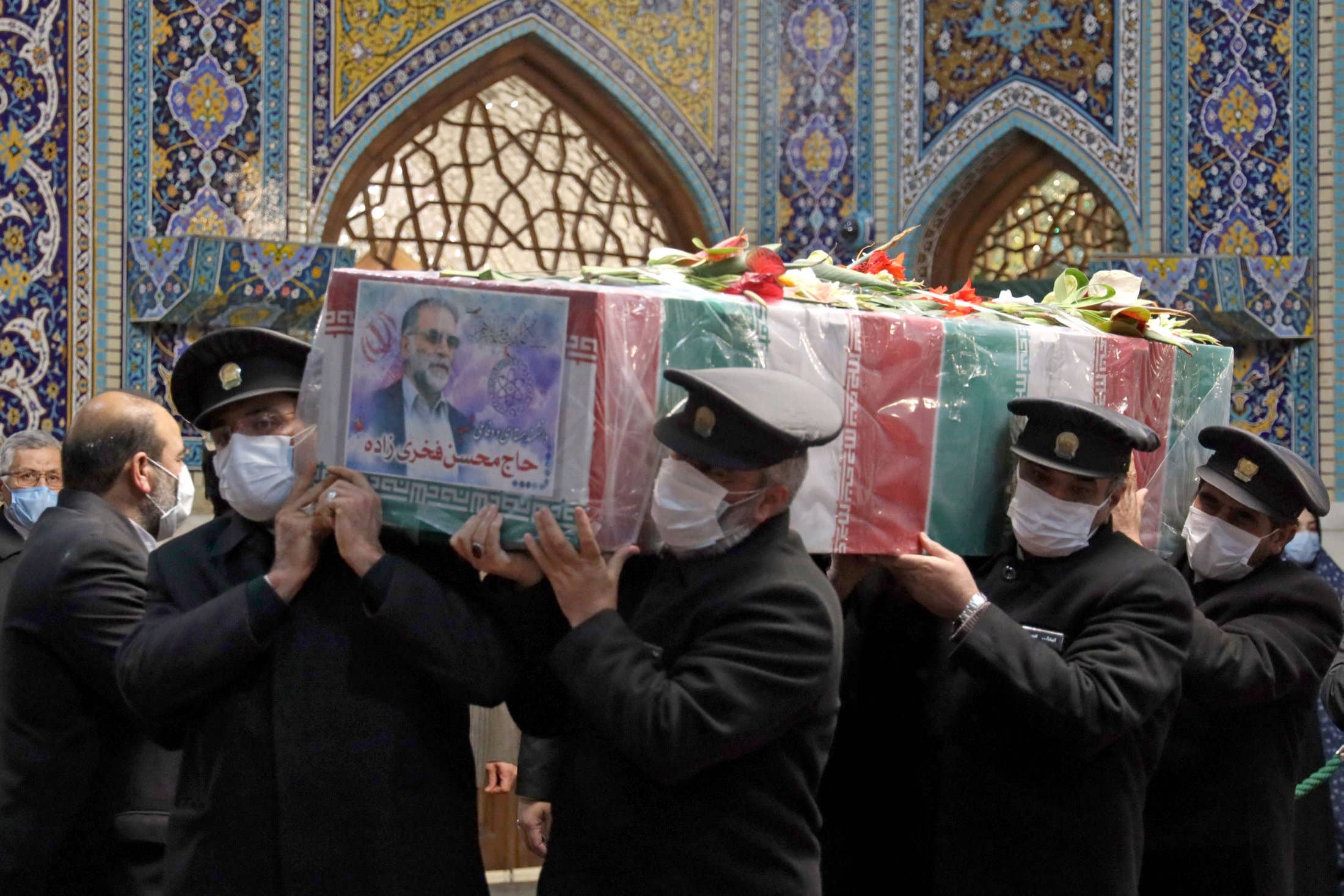Recep Tayyip Erdogan, the president of Turkey, and Vladimir Putin, his counterpart in Russia, spoke by phone on Friday to improve relations. Some of Turkey’s NATO partners are becoming increasingly concerned about the country’s relationship with Moscow and its loyalties as a result of the talks.
Erdogan’s office made the announcement in a press release.
It stated that the Turkish president reaffirmed his willingness to work toward a peaceful resolution of the Ukraine conflict. Erdogan’s three face-to-face encounters with Putin over the past few months preceded the conversation.
Questions about Turkey’s commitment to NATO and its Western partners have grown in response to the Turkish leader’s efforts to deepen ties, including his refusal to impose Western sanctions on Russia. (Erdogan Works to Deepen)
However, Mesut Casin, a professor at Istanbul’s Yeditepe University and adviser to the Turkish president, stated that such discussions are typical among neighbours.
He stated, “Turkey is and will continue to be a member of NATO, and this is very important for Turkey.” Turkey’s relationship with Russia is distinct from the NATO alliance. They must be viewed as distinct entities that must keep good relations with Russia, which is our neighbour. NATO gains from Turkey’s neutrality policy regarding Ukraine.
Ankara insists that it also maintains close ties with Ukraine, which continues to receive drones and other military equipment from it. Erdogan asserts that he was able to successfully assist the United Nations in brokering a deal that allowed Russian-blocked Ukrainian grain to reach global markets thanks to such contacts with Moscow and Kyiv. November is when that agreement will be renewed.
However, Western concerns are growing, particularly regarding the strengthening of financial ties between Turkey and Russia. Last month, Turkish banks withdrew from Russia’s Mir payment system under the threat of secondary sanctions from the United States. Moscow was using the system to get around a rule that said Russians couldn’t use credit cards from other countries. However, analysts claim that Ankara maintains influence over its Western allies because Sweden and Finland need Turkey’s permission to join NATO. Erdogan reiterated his threat to thwart Sweden’s bid on Thursday. (Erdogan Works to Deepen)
“Our approach to the issue will not be positive as long as terrorist organizations demonstrate on Swedish streets and terrorists are present in their parliament,” the Turkish leader told reporters.
Erdogan says that Kurdish separatists fighting the Turkish state and an organization that Ankara says was responsible for the failed military coup in 2016 received sanctuary in Stockholm. The allegations are against Sweden. However, according to some observers, Turkey’s position will likely only raise more concerns about whether Ankara is serving Moscow’s interests.
According to visiting scholar Asli Aydintasbas of the Washington-based Brookings Institution, the West will need to adjust to a Turkey that is more assertive. (Erdogan Works to Deepen)
She stated, “The dynamics have changed.” Turkey no longer perceives itself as a steadfast member of either the NATO alliance or the Western camp. It is still NATO, but it is clearly interested in alternatives as well. Additionally, Turkey is significantly more self-assured than it was previously.
Erdogan, according to observers, is aware of Turkey’s strategic significance and the need for continued cooperation on the part of its Western allies because the country is geographically close to Russia, Ukraine, and other hotspots like Iran and Syria.









